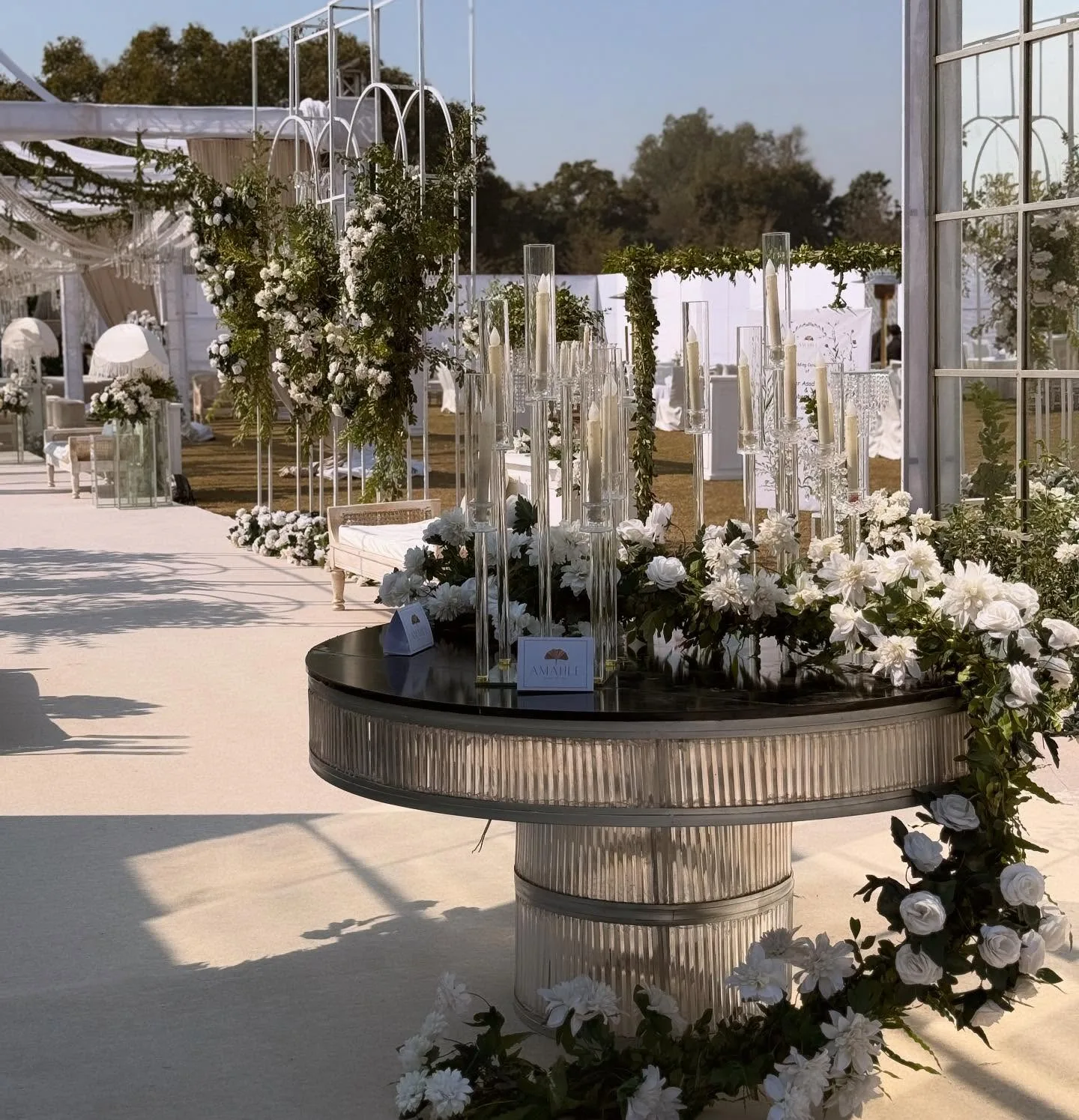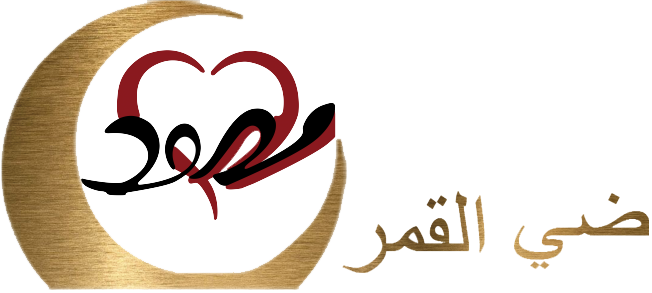Amid the wave of globalization, multinational enterprises often get stuck with two major challenges when preparing for overseas weddings: on one hand, the low efficiency of cross-border communication leads to gradual distortion in the transmission of requirements; on the other hand, the customization of wedding furniture involves numerous intricate details—from style design to size adaptation. Even a slight deviation can make it difficult to fit the actual scenario, ultimately leaving the customization needs “unfulfilled” and the implementation effect far from satisfactory.
Many enterprises have encountered such dilemmas: when communicating with overseas furniture customization teams, language barriers become the first hurdle. Simple terms like “light luxury style dining tables” or “curved welcome desks” may be translated into vague “Western-style furniture,” causing the carefully designed details of the wedding atmosphere to disappear entirely. Even if a preliminary consensus is barely reached, subsequent professional issues—such as material selection (e.g., the difference between solid wood and wood veneer) and process requirements (e.g., carving depth, paint gloss)—are further complicated by communication delays due to time differences and misunderstandings arising from cultural gaps, making project progress extremely difficult. One enterprise reported that during the customization of a background cabinet for a wedding main stage, the requirement “load-bearing capacity to support 15kg of decorative items” was not accurately conveyed. As a result, the final product lacked sufficient load-bearing capacity, forcing a last-minute plan change. This not only increased costs but also nearly disrupted the wedding preparation schedule.
Why is it so hard to implement custom wedding furniture needs across borders? The core crux lies in “communication breakdowns” and “professional disconnection.” In cross-border scenarios, a single contact person cannot simultaneously handle language conversion, requirement interpretation, and professional oversight. Meanwhile, ordinary translation teams lack expertise in furniture customization and cannot accurately convey technical parameters and design details. This leads to constant distortion of requirements from “proposal” to “execution,” resulting in a final product that is far from the expected outcome.

To address these pain points, the service model of “Exclusive Account Manager + Multilingual Technical Team” has become a key solution to the challenges of cross-border custom wedding furniture.
The exclusive account manager acts as the “general manager of requirements,” providing one-on-one follow-up throughout the entire process. From the initial stage of the project, the account manager conducts in-depth research into the enterprise’s wedding theme, venue size, budget range, and cultural preferences, integrating scattered requirements into a clear “customization list”—from the shape of napkin holders to the size and layout of the main dining table, every detail is confirmed one by one and documented in a standardized format. During subsequent communications, the account manager serves not only as a “bridge” between the enterprise and the customization team but also as a “guardian” of requirements, synchronizing progress in real time and addressing issues promptly to avoid deviations caused by information asymmetry.
The multilingual technical team solves the core problem of “professional transmission.” Team members are not only proficient in multiple international languages such as English, Spanish, and French but also have professional backgrounds in furniture design and engineering manufacturing. In technical communications, they can accurately convert detailed requirements—such as “the flower stands on both sides of the wedding T-stage must match the color of the carpet” and “the drawers of the dessert table need hidden handles to prevent scratches”—into technical drawings and process standards that the customization team can understand. When complex issues arise, they can also mark drawings in real time and demonstrate sample details through video conferences, ensuring “zero deviation” in the mutual understanding of requirements.
A multinational group successfully achieved a 1:1 realization of its requirements through this service model when preparing for a wedding at its Singapore branch. The enterprise proposed customized needs such as “a check-in desk integrating Chinese red and Southeast Asian rattan elements” and “foldable backup wedding chairs (with a load-bearing capacity of 80kg).” The exclusive account manager first organized a requirement list, and the multilingual technical team conducted three rounds of technical communications with the local customization factory regarding details like “rattan density” and “storage size of the chairs after folding.” The final product not only perfectly aligned with the wedding theme but also adapted to the space constraints of the venue. The enterprise’s person in charge commented, “The result is even more accurate than we expected.”
Cross-border custom wedding furniture tests not only product craftsmanship but also the ability to implement requirements across cultures and languages. The combination of an “exclusive account manager and multilingual technical team” breaks down communication barriers, fills professional gaps, and ensures that every customization detail is accurately transmitted and efficiently implemented. This truly achieves “requirements are fulfilled as soon as they are proposed,” clearing obstacles for the preparation of cross-border weddings.
Cross-border custom wedding furniture tests not only product craftsmanship but also the ability to implement requirements across cultures and languages. The combination of an “exclusive account manager and multilingual technical team” breaks down communication barriers, fills professional gaps, and ensures that every customization detail is accurately transmitted and efficiently implemented. This truly achieves “requirements are fulfilled as soon as they are proposed,” clearing obstacles for the preparation of cross-border weddings.

